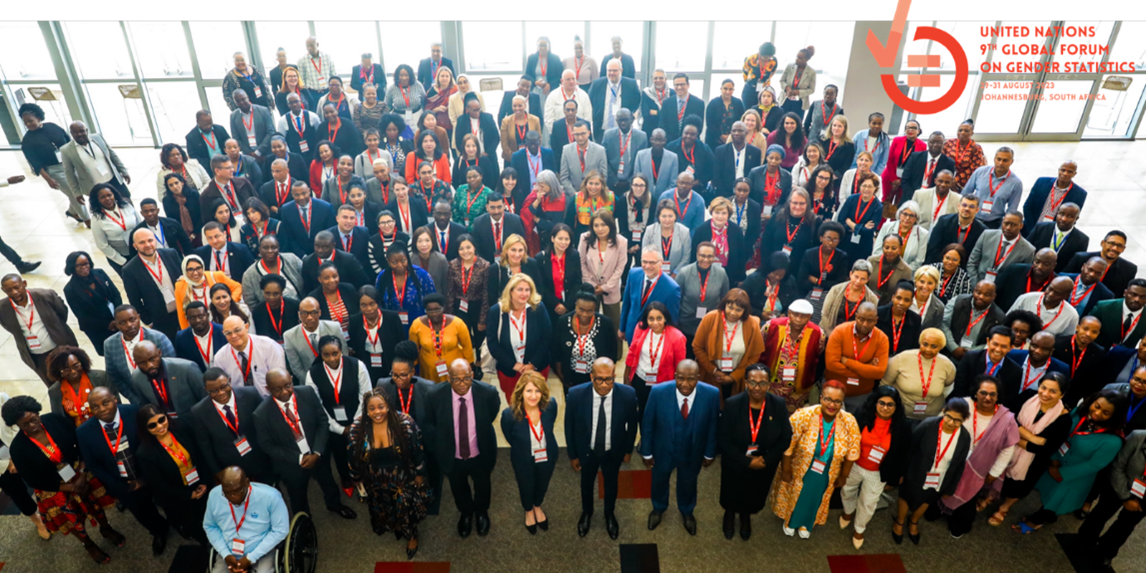Time-use data for better policies in Africa, Western Asia and Latin America (DESA)
 This project improved government capacity to effectively produce and utilize time-use data, i.e., quantitative data on how individuals “spend” or allocate their time over a specified period—typically over a day or a week, to inform evidence-based policies that further the 2030 Agenda in countries in Africa, Western Asia and Latin America. Specifically, this project focused on building capacity in target countries to produce and utilize time-use statistics, in support of measuring and monitoring their national development plans and indicators, including SDG 5.4.1 on unpaid work, as well as other development issues like employment and learning. The project focused on familiarizing government officials with modernized methods that use the latest technologies to produce time-use data that is cost effective, faster, meets international standards and can be used to inform effective policymaking.
This project improved government capacity to effectively produce and utilize time-use data, i.e., quantitative data on how individuals “spend” or allocate their time over a specified period—typically over a day or a week, to inform evidence-based policies that further the 2030 Agenda in countries in Africa, Western Asia and Latin America. Specifically, this project focused on building capacity in target countries to produce and utilize time-use statistics, in support of measuring and monitoring their national development plans and indicators, including SDG 5.4.1 on unpaid work, as well as other development issues like employment and learning. The project focused on familiarizing government officials with modernized methods that use the latest technologies to produce time-use data that is cost effective, faster, meets international standards and can be used to inform effective policymaking.
As part of this project, the UN Guide to Producing Statistics on Time Use was developed and endorsed by the Statistical Commission at its 55th session in 2024. The recommendations and practical tools proposed in the Guide foster more frequent, more granular, more cost-effective, and fit-for-purpose time-use data to inform key policy concerns and to monitor progress towards the achievement of many Sustainable Development Goal indicators. The Guide acknowledges the uniqueness of each country's context offering a “basket of options” for collecting time-use data, instead of a prescriptive single solution, and incorporates the principle of leaving no one behind by promoting an inclusive and intersectional approach through all chapters. The project also developed a Time-Use Data Resources Hub to support the Guide by serving as a repository of information that is continually updated to reflect the latest developments and materials related to time-use statistics.
At the national level, the project supported Mexico, South Africa, and Morocco. Leveraging methods showcased in the Guide and the exchange of country practices supported by the project, Mexico enhanced its 2024 National Time-Use Survey methodology. This included incorporating new topics identified by users as relevant to inform public policies related to unpaid work; aligning with the international classification of activities for time-use statistics (ICATUS) to promote harmonization; and calculating and disseminating indicators on supervisory care to complement SDG indicator 5.4.1, as well as disaggregating indicators by care recipient. In addition, the implementation of the project in Mexico will have multiplier effects at the regional level due to the regional leadership that Mexico has in promoting time-use surveys to inform public policies. Through technical missions and a study tour under the project, Morocco enhanced its capacity in preparation for their 2025 time-use survey and is following recommendations contained in the Guide. This included enhancing national statisticians’ skills in the production of time-use data using standalone time-use surveys and the valuation of unpaid household production of services. Morocco has also advanced in valuating unpaid domestic work and produced an unpaid household service work satellite account to the System of National Accounts (SNA). South-South and triangular cooperation under the project are expected to catalyze similar efforts regionally. South Africa elevated the role of time-use and gender statistics through a national high-level user-producer dialogue and the Global Forum on Gender Statistics, facilitated by the project. This event provided African and other developing countries a platform to take stock and learn good practices in measuring unpaid domestic and care work, thereby informing care policies.